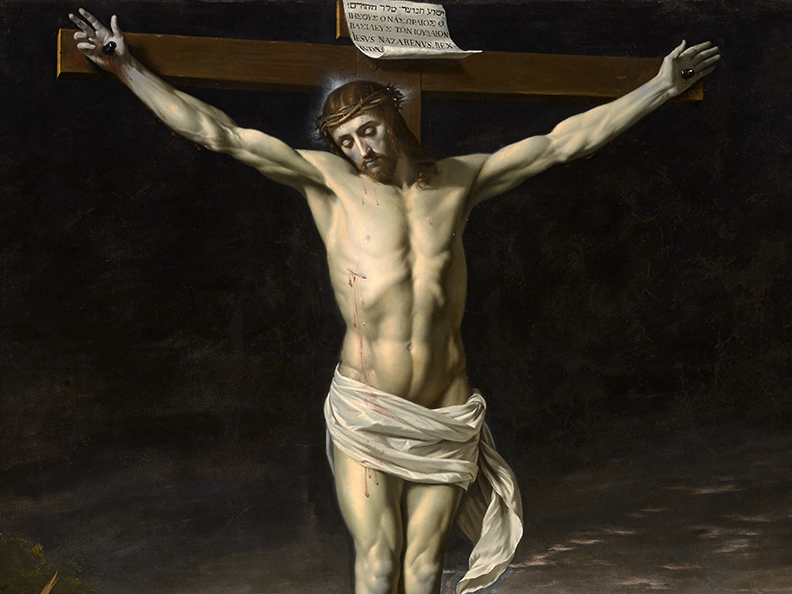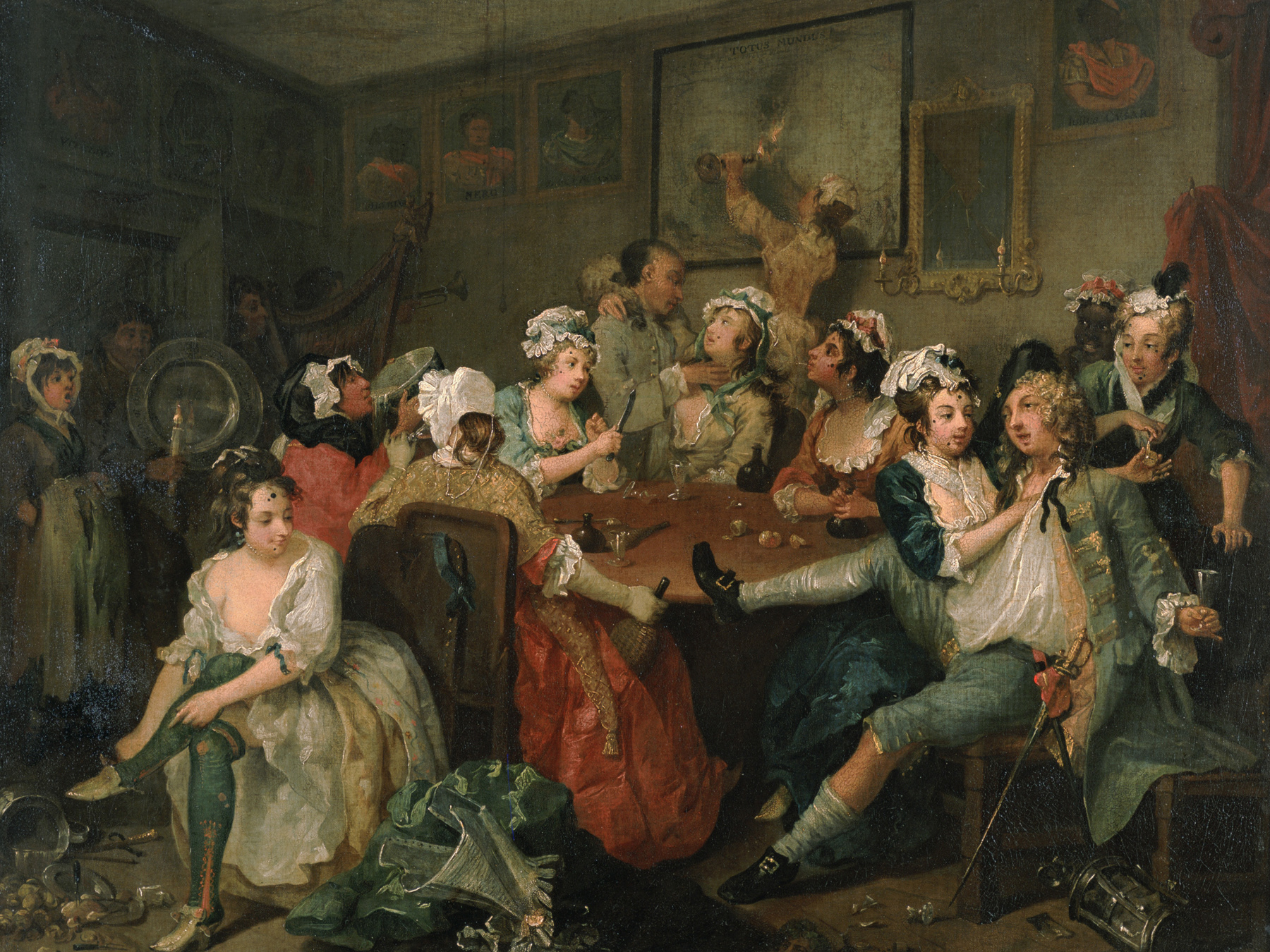In the weeks to come, we will be asked to discern this word and its real-life consequences: Just.
What does it mean to be just? What is just?
I’m coming from the perspective of a Christian. So this is for Christians.
Our loyalty, first and foremost, is to God and the kingdom of heaven—a kingdom whose foundation was laid on the ultimate sacrifice: Christ. There need not be another. I felt the need to remind us of this, and I find that I also need to remind myself of it often.
To be Christian is to be dead to self. I must clarify: to be dead to self is not to be unaware or ignorant or willfully blind to yourself or your surroundings. It is death in reaction—the kind of reaction prone to humans. Yes, express your emotions as best you can, but they must not overtake you. As you express yourself, give room for the Spirit.
Let me point you to two of my favorite examples of self-expression guided by the Spirit: the man Job, and my favorite Bible character aside from Christ—David. Perhaps Job is too mundane for some, but look at the speed with which he turns to God, the sincerity of his words, the groaning of his heart—yet always filled with reverence (Job 13:15). And David? He had lost a child, a child for whom he had fasted, cried, and begged that the cup might pass from him—but it did not. Yet he did not relent in praising God (2 Samuel 12:20). I can only imagine the worship of a father who had just lost his child - regardless of the circumstances surrounding his conception and birth.
My point is this: we cannot react to the world the way everyone else does, nor should we react with disinterest. We must remain in prayer and in truth that He is faithful… and just.
In Hosea, God laments: "My people perish for lack of knowledge." Knowledge here means an understanding of God—His nature, His covenant, and what He has determined to be true. Justice is core to Christian belief. God always does what is right and morally perfect.
So what does that look like?
Rewarding good and punishing evil:
Romans 2:6
Galatians 6:7
Proverbs 11:31
Psalm 1:6
Defending the oppressed:
Luke 4:18–21: "The Spirit of the Lord is upon me, because he has anointed me to proclaim good news to the poor. He has sent me to proclaim liberty to the captives and recovering of sight to the blind, to set at liberty those who are oppressed, to proclaim the year of the Lord’s favor."
Upholding truth:
Titus 1:2
Psalm 33:4
John 17:17
Proverbs 12:22
Acting without favoritism or corruption:
Deuteronomy 10:17
2 Chronicles 19:7
Romans 2:6, 11
Acts 10:34–35
Spend time with these scriptures. See the heart of God in defining what is just.
God hates injustice. He hates the suffering and destruction of humanity. He is grieved by it—deeply. It is a painful thing, but we should strive to be at a point where suffering in humanity stings our hearts and moves us to tears—aching tears. Only then would we have tasted what God endures, so that we might know Him and be redeemed from destruction.
He was not jolly when it was written that it repented God that He had made man. That verse lets us peek into the sorrow He faced—because we had dwelt in sin and injustice.
Proverbs 6:16 for those who are familiar:
“These six things doth the Lord hate: yea, seven are an abomination unto him: A proud look, a lying tongue, and hands that shed innocent blood, An heart that deviseth wicked imaginations, feet that be swift in running to mischief, A false witness that speaketh lies, and he that soweth discord among brethren.”
Who then are the innocents? They are the defenseless, the vulnerable, the blameless in society. In a broader biblical sense, the "innocent" includes children, the poor, strangers, widows, orphans, and anyone who is helpless or marginalized.
In 1 Corinthians 9, Paul tells us he brings his body into subjection. I like this translation because it tells me something I don’t get in others—he brings it under something. And in the very next chapter, 1 Corinthians 10, he writes that we should take every thought captive. Captive to who? To Christ—and to obedience to Him.
We often apply this only to sinful desires, but it extends beyond that. It applies to our ideals, to matters over which we discern, and even to our political interests. We must bring all of it under submission to Christ.
What God thinks trumps every other opinion you might have. And I say that with no regard to how you feel.
You must not just sound Christian—we have enough of those already. You must live it out. That is the harder thing to do. And part of that is to reflect God’s heart for what is just.
We must grieve at what grieves the heart of God. We simply must. I do not see it any other way. Because this is a religion of love. And as I have stated before, love must see anew—you cannot persist in viewing the world through the same lens you have always seen it through. Something must shift. Not just in your everyday living, in what you do and choose not to do—that is only one step.
The next, and I believe most important, is outward: your perception of human life, of humanity.
The kingdom of heaven is inevitable—that is true. And when it comes, justice will follow. That too will be inevitable.
P.s: So when the time comes, when the world asks you what justice means—don’t just answer with words. Show them the heart of God. Let your grief mirror His. Let your hands defend the innocent. Let your thoughts be held captive by Christ. And let your life declare, boldly and humbly, what is just.










